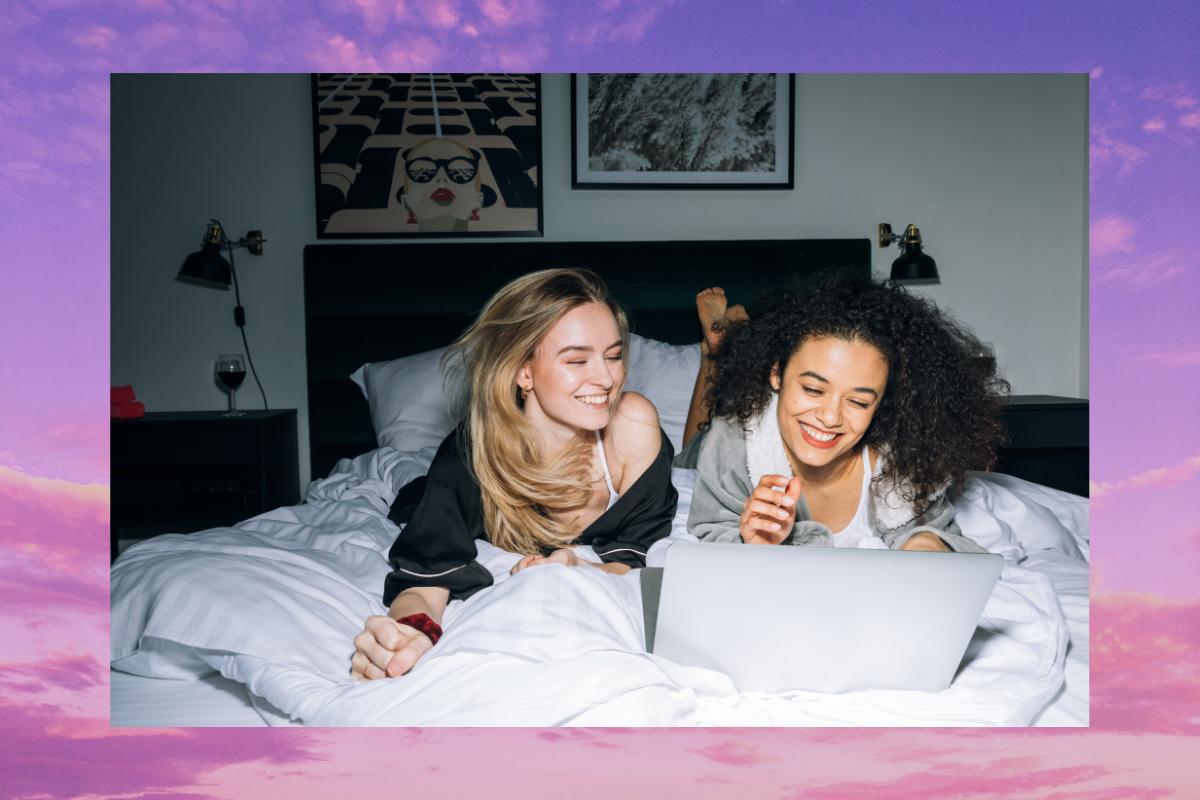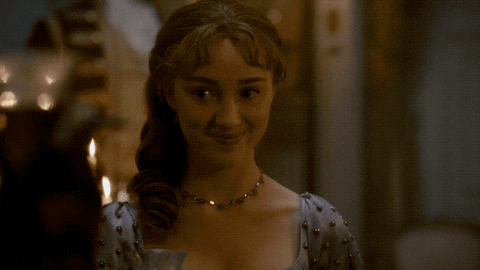Scrolling through Instagram, watching TikToks, checking Twitter updates—I used to do all of these in what felt like a loop, every spare second filled with quick swipes and double-taps. Social media has become an extension of our lives, a virtual reality where we share, connect, and build our identities. But one day, I stopped and asked myself, “Who am I without all of this?” And that’s where my journey toward a social media detox began.
As a young Black woman in her 20s, social media can feel like both a celebration and a burden. We’re inundated with images and narratives about what beauty, success, and happiness should look like. There’s an endless stream of “perfect” snapshots and inspirational quotes that somehow feel hollow. And then there’s the activism—something I care about deeply but that, if I’m honest, often leaves me feeling drained instead of empowered. The constant push to be “woke” 24/7 online makes it feel like there’s no room for quiet reflection or simply *being*.
Why I Needed the Detox
My detox wasn’t just about taking a break; it was about reclaiming my mental space. I’d noticed that after hours on social media, I felt more anxious and less confident. The comparing game is almost inevitable, especially when algorithms keep showing you people with bigger followings, better bodies, and what looks like an effortless lifestyle. And, as a Black woman, I can’t ignore the racialized pressures that social media imposes. It’s not just about looking good but also fitting a certain mold—having “laid edges,” a “snatched” body, and the ability to articulate complex social justice issues flawlessly.
It became exhausting. I realized I was spending so much time worrying about my online presence that I was neglecting my real-life one. I wasn’t truly enjoying my experiences; I was curating them. So, I made the decision to unplug, even if only temporarily.
The First Days of Disconnection
Going offline was harder than I’d thought. The urge to check my phone was constant, as if there was an invisible tether pulling me back. There was this creeping FOMO—fear of missing out—that made me feel like I was cut off from everything that mattered. Who’s posting what? What if I miss an important conversation? What if people forget about me?
But the discomfort eventually gave way to relief. Without my phone buzzing, I found myself sitting with my thoughts more often. At first, it was uncomfortable; I’d become so used to noise that silence felt foreign. But soon, I started to enjoy it. I began to feel more present, more in tune with my own needs and desires. I realized that I didn’t need a “like” to validate my beauty or a comment to affirm my worth. This was my time to embrace who I was without the filters, hashtags, and audience approval.
Rediscovering My Sense of Self
One of the biggest surprises of my detox was the return of my creativity. Without the barrage of other people’s ideas, styles, and opinions, I had room for my own. I picked up my journal again, not to write something “deep” for an audience but just for me. I started taking walks without feeling the urge to share my surroundings online, and instead of taking pictures for my followers, I simply enjoyed the view.
For Black women, our identities are often shaped under a microscope, scrutinized and dissected both online and offline. It’s freeing to reclaim that space and determine who I am without societal expectations. There’s power in being unseen, in choosing when and how you want to present yourself to the world. During my time offline, I didn’t feel like I had to be a representative for anyone but myself. I wasn’t worried about what people would think; I was free to just be.
The Importance of Boundaries
After my detox, I didn’t abandon social media altogether, but I returned with a new perspective. I started setting boundaries, like not going online the first thing in the morning or before bed. I limited my time scrolling and became more mindful of the content I was consuming. If something or someone made me feel anxious, insecure, or simply didn’t align with my values, I hit unfollow or mute. I realized that social media should serve me, not the other way around.
For anyone else in their 20s, especially young Black women, I think it’s crucial to remember that social media is a tool, not a measure of your worth. It’s easy to get caught up in a highlight reel that isn’t real life. The likes and followers don’t define you. It’s the moments away from the screen—the laughter with friends, the quiet solo moments, the times when you’re just yourself—that truly matter.
Final Thoughts
Detoxing from social media is a way to reconnect with your inner self, a chance to strip away the layers of digital expectations and remember who you are. If you’re feeling overwhelmed, stressed, or simply lost in the noise, I highly recommend it. Step back, breathe, and allow yourself to live for yourself, without the constant need to perform or conform.
In a world that constantly tells us to put ourselves out there, it can be revolutionary to pull back, to hold a part of yourself sacred, untouched by the scrolling eyes of the internet. So, take a break. Find out who you are without the followers, the filters, and the fleeting validation. In the quiet of a social media detox, you might just discover the most important connection you’ll ever make: the one with yourself.








